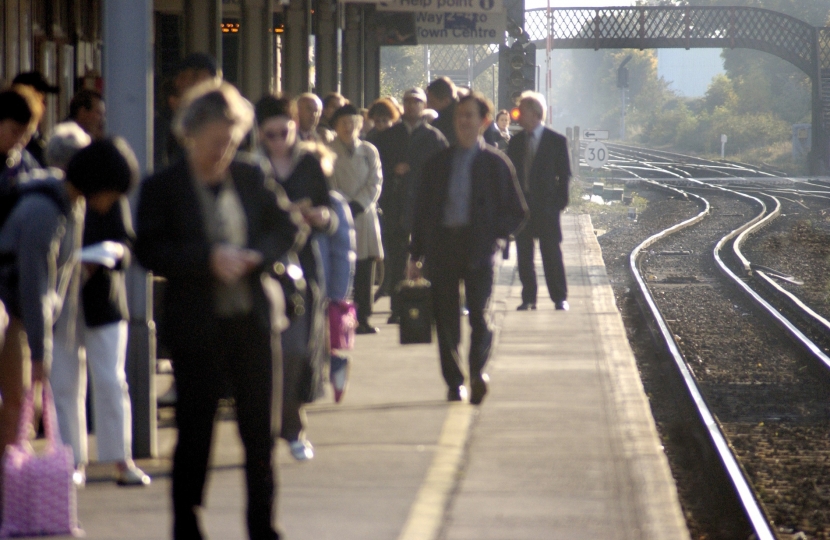
Ranil Jayawardena has welcomed new figures showing that the benefit cap is supporting people off benefits and into work, ending cycles of welfare dependency.
5,221 households in the South East of England have had their benefits capped since April 2013, with 51,200 households affected nationally. The benefit cap has put a stop to some households claiming a massive £57,000 in benefits, equivalent to a salary of £74,000.
Research has previously shown that nearly half of people affected by the benefit cap planned to look for work. More than 12,000 households have now made the choice to move into work or stop claiming Housing Benefit because of the benefit cap.
Ranil said: “Under Labour, the welfare system didn’t reward hard work. It created a something for nothing culture which trapped people in poverty.”
“That’s why we’ve introduced the benefit cap, to build a welfare system that rewards the willingness to work and improves our community. Because of this cap, 51,200 households across the country are no longer able to claim more in benefits than the average family earns by going out to work.”
“Capping welfare is part of the Conservatives’ long-term economic plan to build an economy that delivers for hardworking people. The Conservative Party plans to reduce the cap from £26,000 to £23,000 to fund three million apprenticeships by the end of the next Parliament, giving hundreds of thousands of young people the opportunity of a better, more secure future.”
